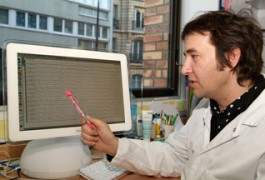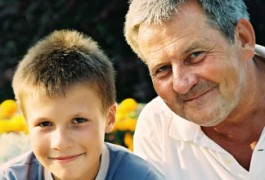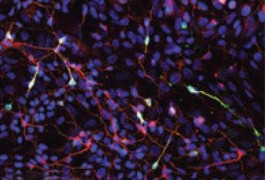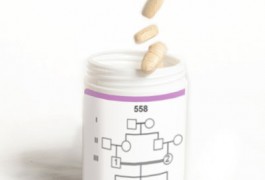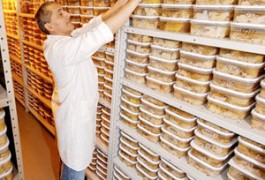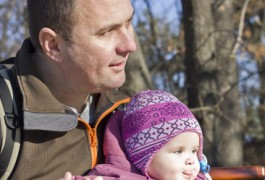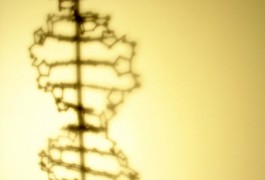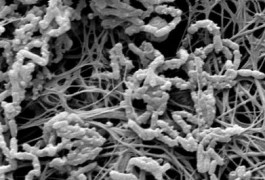Genetic tests for autism debut amid concerns about validity
A genetic panel intended to predict the risk of developing autism debuted for clinical use in April, while another is in commercial development and a third was published in Molecular Psychiatry in September. But some experts are concerned, saying the tests are based on preliminary scientific evidence.

